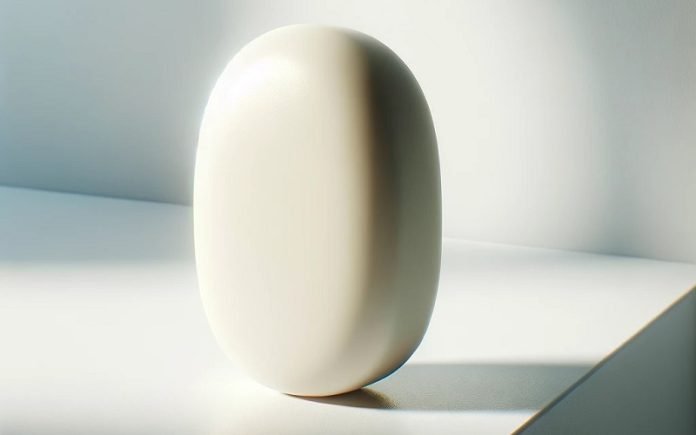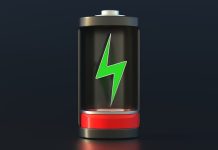
Imagine your battery lasting much longer, maybe even a week on a single charge for your phone, or driving your electric car for 500 miles without needing a recharge.
Researchers have found a surprising helper in achieving this: the way soap works!
When you wash your hands with soap, the soap forms tiny structures called micelles. These micelles trap and remove dirt and grease when you rinse your hands. It turns out, this soap mechanism may be key in developing better batteries.
A study published in Nature Materials reveals this fascinating link. Researchers have been focusing on a new type of battery electrolyte, essential for making batteries work. This new electrolyte, called a localized high-concentration electrolyte, could be a big deal for making lithium batteries last longer.
So, what’s an electrolyte? In simple terms, it’s a substance that allows an electrical charge to flow in a battery. Traditional electrolytes in lithium-ion batteries aren’t efficient enough for the new lithium metal batteries, which can store much more energy.
To solve this, scientists from Idaho National Laboratory and Pacific Northwest National Laboratory created localized high-concentration electrolytes. They mixed high amounts of salt in a solvent with another liquid, making the electrolyte flow better and maintain the battery’s power.
These new electrolytes showed promise in lab tests, but exactly how they worked was a mystery. This is where the study steps in. It found that within these electrolytes, structures similar to micelles in soap form. In this case, the solvent in the electrolyte acts like soap, binding everything together.
This discovery is huge because it helps understand the perfect mix of ingredients needed for the best battery reactions. Like finding the right recipe for a cake, getting the balance of salt, solvent, and diluent in the electrolyte is key.
The theory was put to the test by researchers at Idaho National Laboratory, and it worked! It helped extend the life of lithium metal batteries, a big step forward in battery technology.
But there’s still a lot to do. Designing the perfect electrolyte for these high-density batteries is a challenge. The researchers are amazed that the answer could lie in something as common as soap.
Yue Qi, a professor at Brown University’s School of Engineering, said, “Now we have a theory, and we have guidelines to get interactions we want from the salt, the solvent, and the diluent in the electrolyte, and what concentration they have to be at and how you mix them.”
This study, led by Corey M. Efaw at Idaho National Laboratory and Qisheng Wu from Brown’s School of Engineering, is a collaborative effort. Teams from Boise State University, Brookhaven National Laboratory, the University of Washington, NASA, and the US Department of Energy Battery500 Consortium all contributed.
In summary, this groundbreaking research shows that the secret to longer-lasting batteries might have been hiding in plain sight – in the humble bar of soap in your bathroom!



